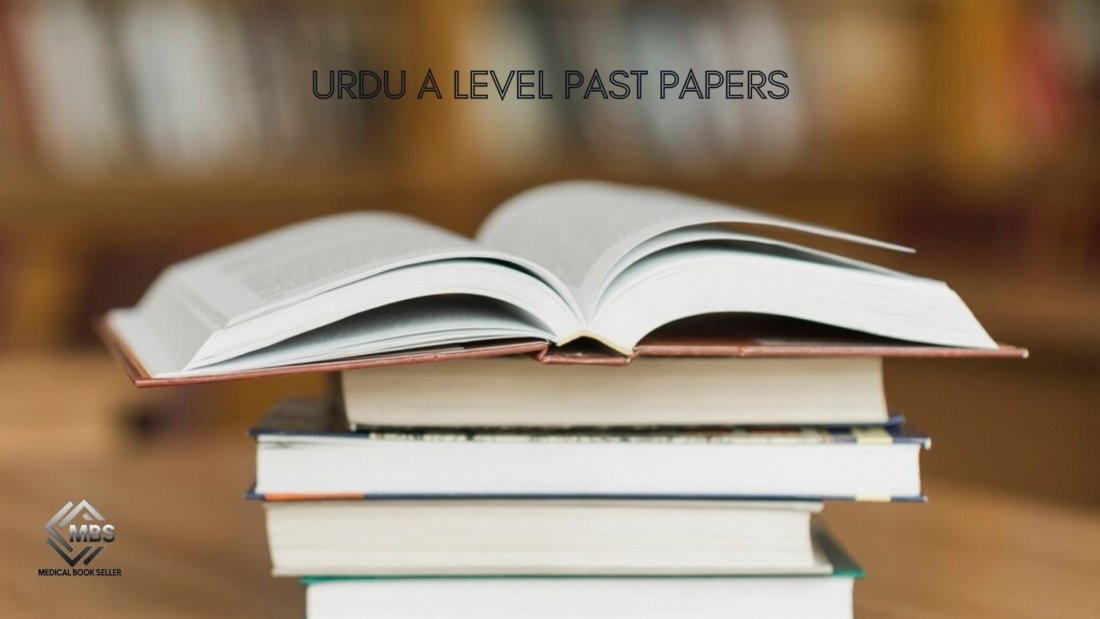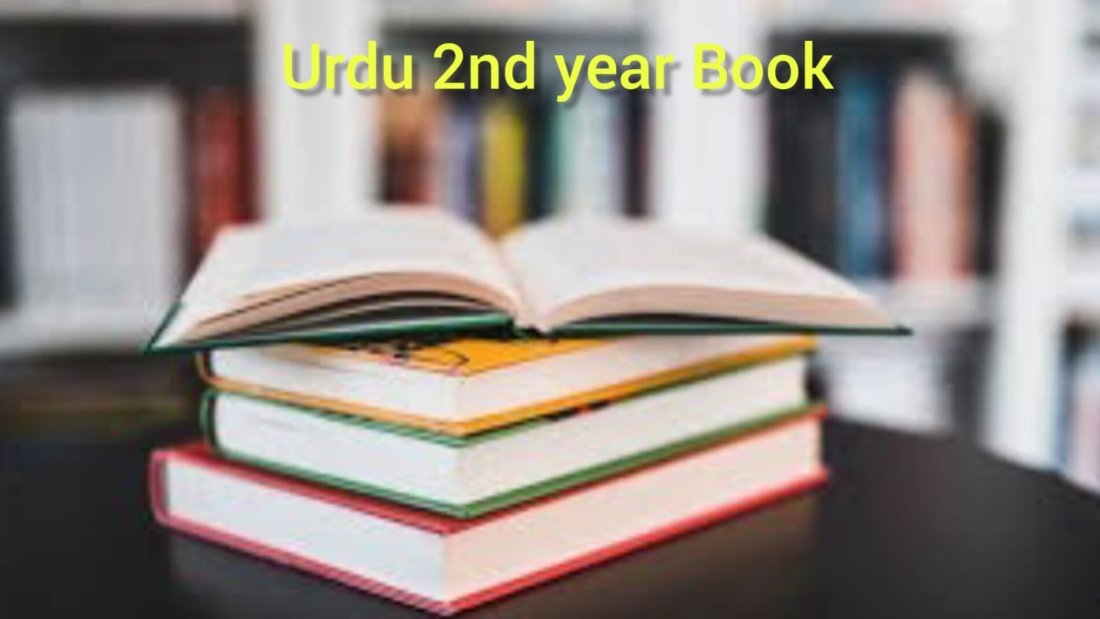Introduction
Doing A Level exams is never easy, let alone when you choose a subject that requires knowledge about language and literature, such as Urdu. Any student who wants to excel in Urdu A Level should make a point of getting the past papers. They offer an understanding of the types of questions asked in a particular exam or assessment together with how the marks are awarded.
Hence we see that when students attempt at past papers they can better manage time, gain confidence, and self-realization of certain topics. In this guide to why Past Papers are the cornerstone of revision and how these can be used to succeed, we will look at the basics behind using them.
Why Use Urdu A-Level Past Papers for Exam Preparation?
Familiarity with Exam Format
Using Urdu A Level Past Papers is advantageous because the candidate becomes familiar with the kind of questions to expect. Level exams have set formats and doing past papers is a way of familiarising with the variety of questions that will be given. This makes it possible for students to develop answers to the exams and also enables them to know how much time they will take to prepare.
Understanding Common Themes
Previous papers have some familiarity with issues, topics, and questions that are used repeatedly in papers. By studying Past Papers, students will be in a position to discover which lessons are normally assessed. This allows them to cover only those part of the content that are probable of making them score better during the exams.
Mastering Time Management
In most articles, it is pointed out that one of the most important factors of success is how one organizes his or her time while undertaking a particular test. Urdu A Level Past Papers give a student a chance to write more than one paper in a Limited time thus helping the student plan how best to spend the Limited time on the paper. This way they do not find themselves out of time during actual exams hence minimizing exam stress and higher performance.
Developing Writing Skills
Major importance is attached to writing skills when taking Urdu A-level exams. Coursework invites students to submit papers such as past papers, which may contain essay questions and other writing assignments that have to be answered in detail. These, in turn, enhance structure, argumentation, and fluency in writing thus facilitating students toward the top performance marks.
Learning Marking Schemes
Every Urdu A Level Past Paper is accompanied by a marking scheme so that students can have a clue about how their answers will be marked. Knowing what examiners expect makes a student more equally prepared to give the right answers fully expecting to get the right grades.
How to Use Urdu A Level Past Papers Effectively
1. Create a Study Plan
The good idea is to include “Urdu A Level Past Papers” in the curriculum plan. Assign particular days or hours on the week to work on past papers. However, practicing problems must be done with reading textbooks and class attendance to gain more insights into the subject.
2. Simulate Exam Conditions
In the end to get the best result always try to attempt the Past Papers as like a real exam. This means reading aloud and using a stopwatch so that one is timed and placed in a quiet room with nothing else to distract the individual. Such conditions will seem less stressful when simulated during the exercise so that the actual exam seems quite manageable.
3. Analyze Your Mistakes
When you have finished one paper in the past, ensure you go through your answers and match them with the marking criteria. Analyze such aspects of the presentation that are critical, yet you failed to capture them adequately. In your next round of study, use this analysis to concentrate on those areas that had you bogged down most.
4. Improve on Each Attempt
Some folks begin their preparation weeks or days before the exam, and others use them throughout the year when revising Past Papers; the reality is: that the more you do it, the improved you will be. After every paper, try to do better. In writing better essays, time management, and widening our knowledge on what to avoid.
- Get Feedback
Ideally, it is to discuss with the teacher or peers the solution of the “Urdu A Level Past Papers”. You will also get an insight into how to improve on your answers offered constructive criticism will make a lot of sense towards enhancing your scores.
Benefits of Urdu A Level Past Papers for Teachers
Preparing Mock Exams
I also came to know that teachers employ “Urdu A Level Past Papers” to simulate the final examination in the mock examination so that the children are informed about the kind of examination they are going to appear. Such exams are very helpful as practice and can assist students or rather help them understand how prepared they are.
Identifying Student Weaknesses
Teachers and students find that past papers also indicate where learners have the most difficulty in understanding what is being taught or asked of them. When the teachers check the results of those papers, they will be able to find out that some of the aspects were not well addressed by the students thus they will be in a position to change their teaching plans so that all the aspects are covered in preparation for the exam.
Conclusion
Therefore, Urdu A Level Past Papers play a crucial role to the students who like to prepare for their A Level exams. They have been hailed for several advantages such as participators becoming familiar with the format of the exam, working on their time, management, and getting into practice under exam conditions.
When they insist on using past papers in their learning program, students stand a better chance of being more confident, being able to know what to expect, and producing better results. In the events organized both for teachers and students, Past Papers play a prominent role in developing an ideal approach to exam preparation.
FAQs
1. How many years of Urdu A Level past papers should I practice?
Speaking about the preparation process, it is advised to solve at least the last five years of the Urdu A Level Past Papers to increase the chances of bonusing a great number of questions and topics.
2. Can I find Urdu A Level past papers online for free?
Yes, the majority of educational Websites and sources contain Urdu Past Papers that students can use and practice without any charges.
3. How often should I practice past papers before the exam?
Ideally, Past Papers should be attempted, at least, once a week as you count down to the exam in the final months leading to the exams.
4. Do past papers guarantee good grades?
Thus, besides focusing on Urdu A Level Past Papers as a means to increase your probability of examination success, the approach should be enhanced by deep knowledge of the material and its revision.
5. What should I do if I struggle with time management while solving past papers?
If time is a problem, begin by putting a time limit on the questions and take practice tests under timed conditions often. This will help you to progress over time.










